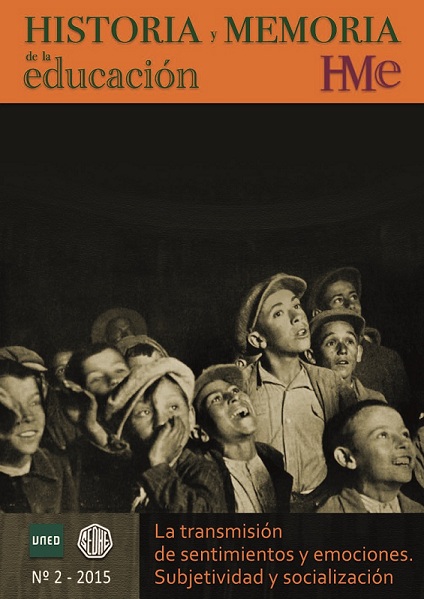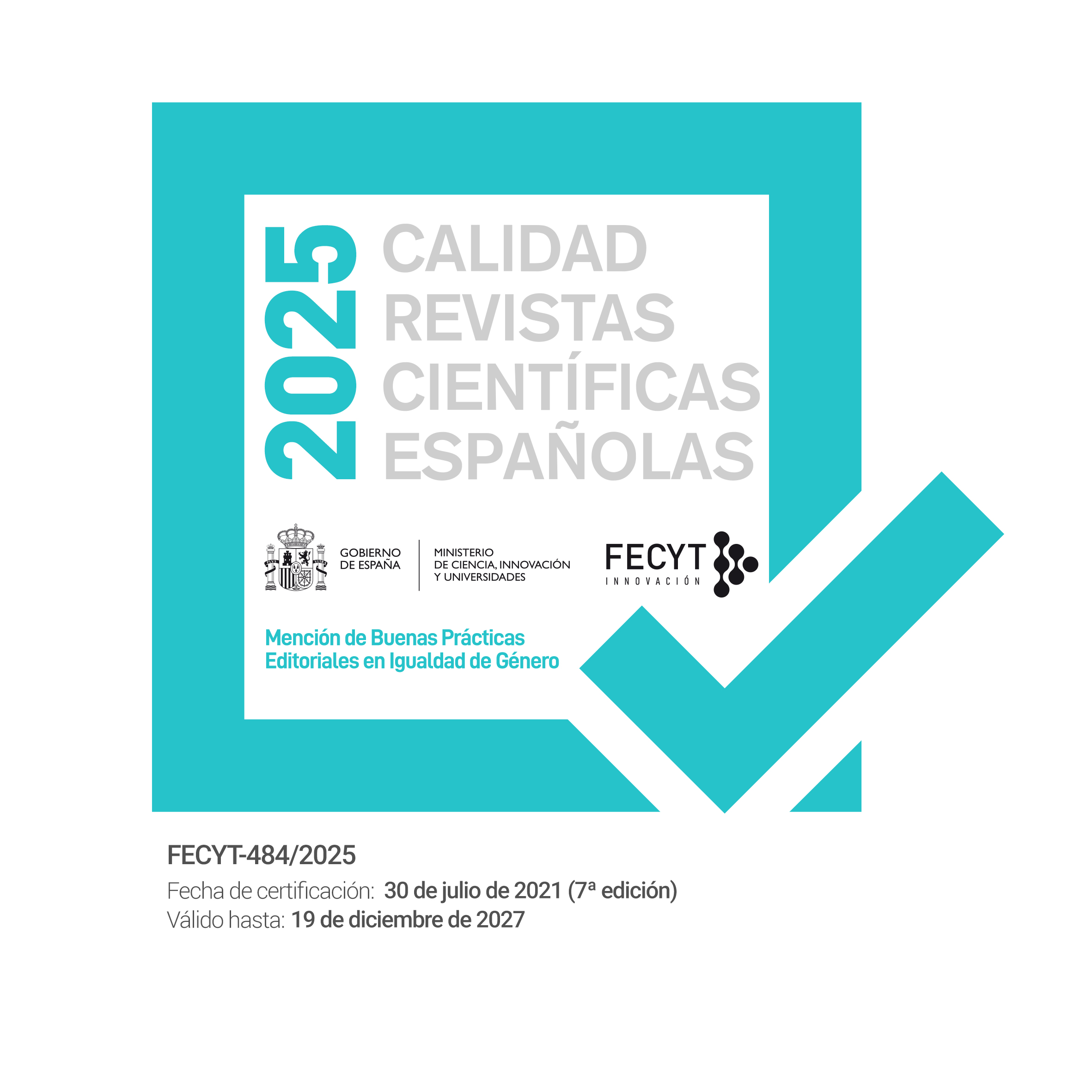Persuasion and Terror: the Language of Hygiene in Brazilian Schoolbooks (São Paulo, 1920-1950)
DOI:
https://doi.org/10.5944/hme.2.2015.14281Keywords:
Schoolbooks, Emotions, Health, Hygiene, FearAbstract
This article delves into the presence and role played by emotions in schoolbooks dealing with themes related to hygiene and health. To do so, we examine a corpus of textbooks produced between 1920 and 1950, designed for, among others, children attending elementary schools in the state of São Paulo, Brazil. The article focuses, more specifically, on the analysis of the language used in these books, trying to capture the affective dimension present in the treatment of themes such as cleanliness, eating habits, diseases and prevention methods, both for problems concerning the physical body and those considered to be of a moral dimension. An analysis of the textbooks reveals that their contents are meant to convey information about health in an emotional way, where in the name of science and logic, an effort is made to encourage readers to guard themselves against diseases and their consequences. An examination of the language used for dealing with these themes shows us to what degree an affective approach was taken with regard to hygiene and health issues. A strong appeal was made to the emotions in procuring adherence to a healthy, civilized and morally accepted lifestyle, one that could be achieved through the children’s internalization of the prescribed behavior agenda.
Downloads
Downloads
Published
How to Cite
Issue
Section
License
Authors who publish in Historia y Memoria de la Educación agree to the following terms:
- Authors retain copyright and grant the journal right of first publication with the work simultaneously licensed under a Creative Commons Attribution-NonCommercial 4.0 International that allows others to share the work with an acknowledgement of the work's authorship and initial publication in this journal.
- Authors are able to enter into separate, additional contractual arrangements for the non-exclusive distribution of the journal's published version of the work (e.g., post it to an institutional repository or publish it in a book), with an acknowledgement of its initial publication in this journal.
- Authors are permitted and encouraged to post their work online (e.g., in institutional repositories or on their website) prior to and during the submission process, as it can lead to productive exchanges, as well as earlier and greater citation of published work (See The Effect of Open Access).












